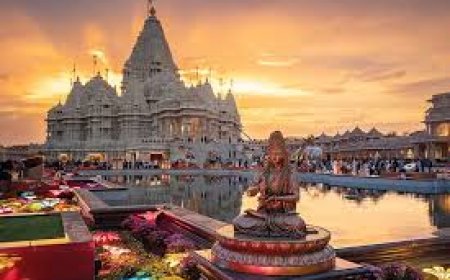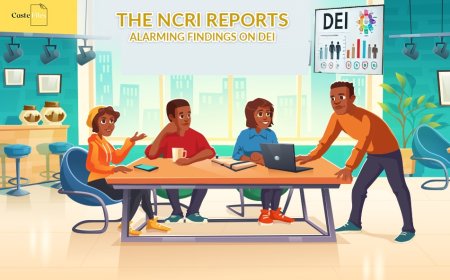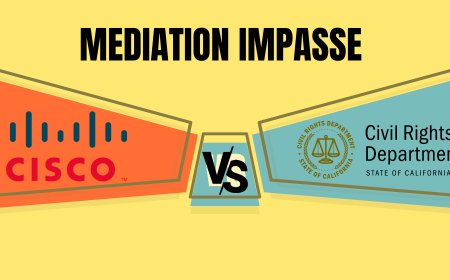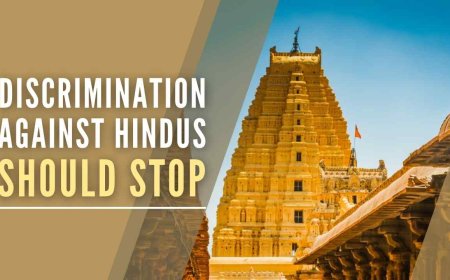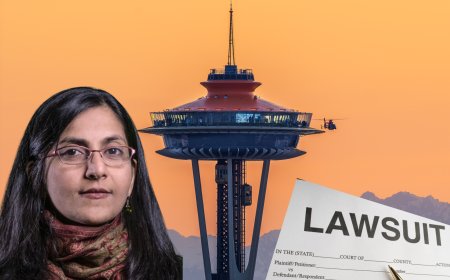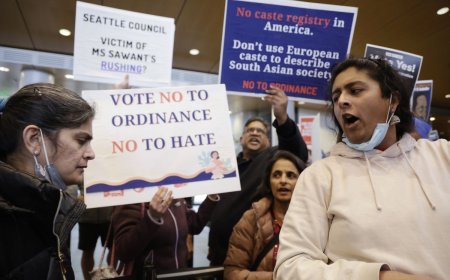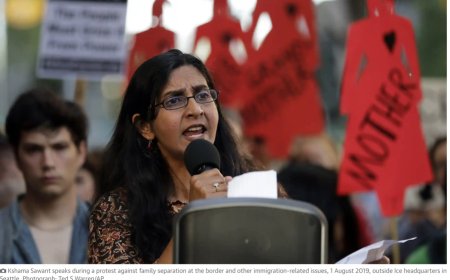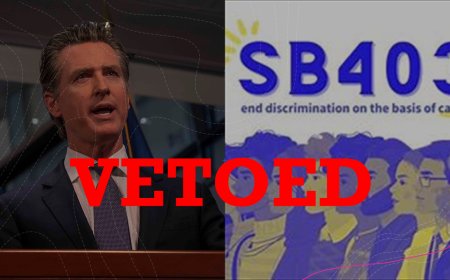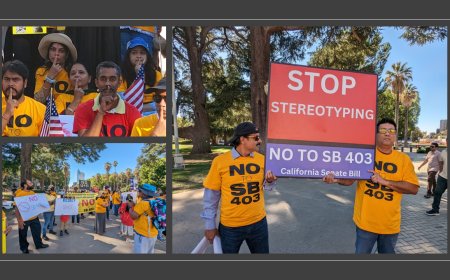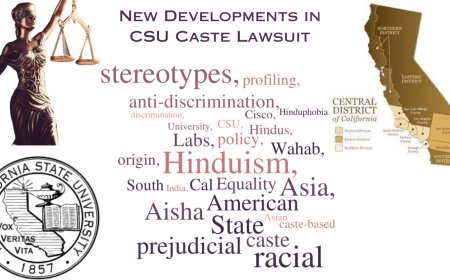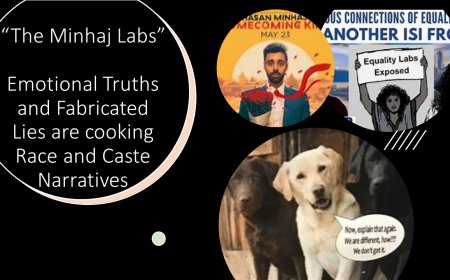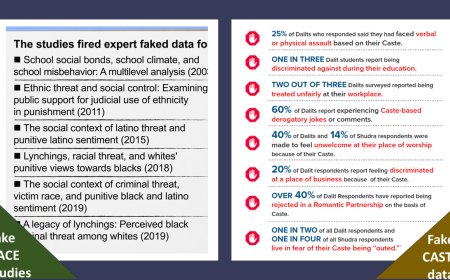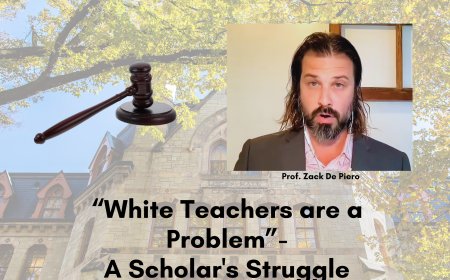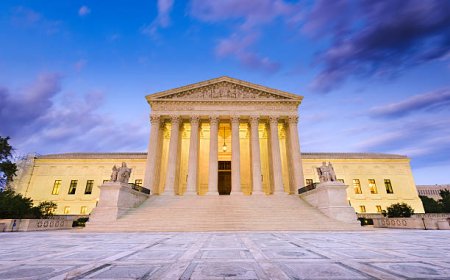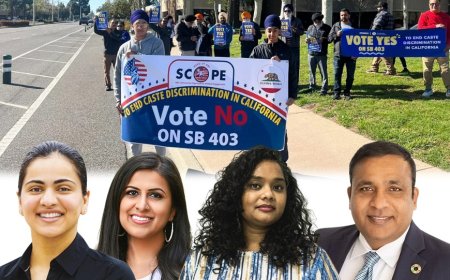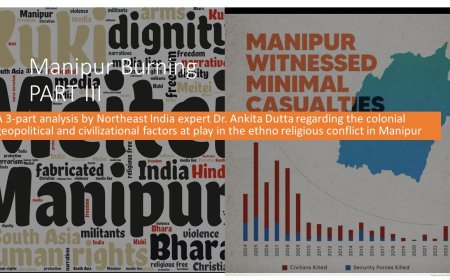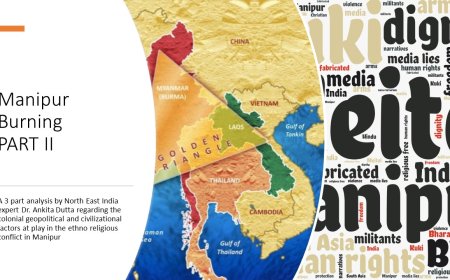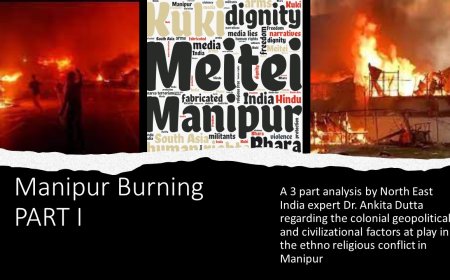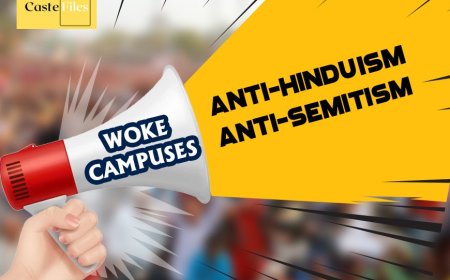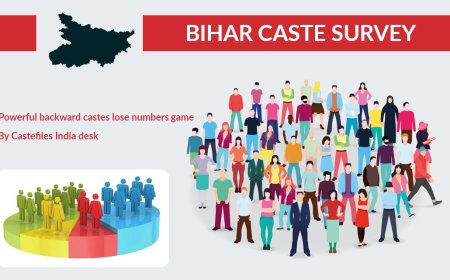Examining Caste Discrimination and Ethnic Targeting in Academia
SB 403 and Caste resolutions take direct inspiration from Marxist theories and biases in Hinduism studies
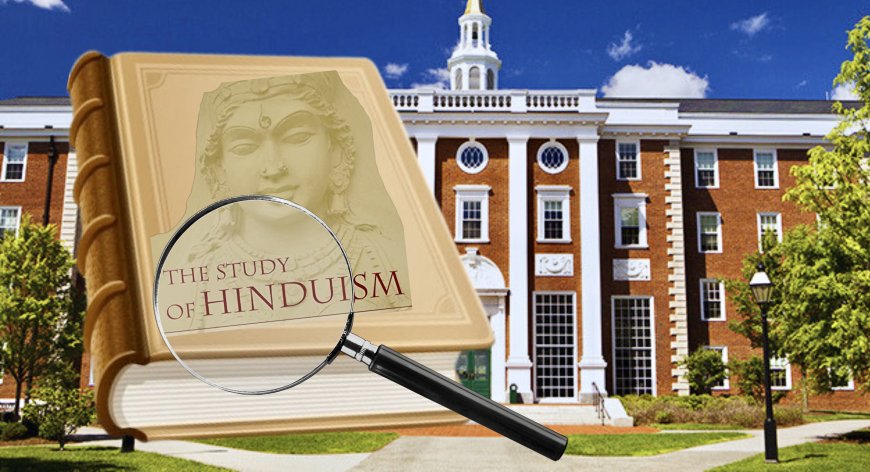
Almost twenty years ago, in 2004, I wrote an article about biases in Hinduism studies and how texts developed by American scholars and academics dwell excessively on certain topics. These topics, such as Caste Discrimination, Tantric Sex, Animal Sacrifices, Dowry Deaths, Polytheism, Hindu Fascism, Cult of Kali, naked Naga Sadhus, etc., tend to present a biased view of Hinduism as a tribal, primitive, misogynistic cult that has confined millions of people worldwide within an inherently discriminatory caste system with no escape.
On November 8, 2005, Harvard University Professor Michael Witzel wrote a letter to the California Department of Education (CDE) accusing Hindu parents in California of being Hindu Nationalist (Hindutva) groups and making ad hominem characterizations. A lawsuit was filed, and it was discovered that Witzel was colluding with an evangelical group called Dalit Freedom Network, helping them hide the fact that it was being run from a church led by white Christians. Witzel also colluded with the CDE to keep the definition of caste as an oppressive Hindu construct from the Book of Manu. Furthermore, it was found that frustrated CDE counsel Rae Belisle sent an email stating, "I give up... Roman authorities DID NOT arrest Jesus. He was brought into custody by the Jewish religious leaders." This same CDE counsel had previously admitted to speaking to Christian groups opposed to Jews.
Let's fast forward to more recent times. At Harvard University, where Witzel has been spreading anti-Hindu sentiment, Professor Ajantha Subramanian, in an editorial published on May 25, 2021, in The New York Times, expressed support for the Seattle caste law. She wrote, "Oppressed castes in the United States are doubly disadvantaged—by caste and race. Making caste a protected category under federal law will allow for the recognition of this double disadvantage," further emphasizing the need to extend civil rights to communities whose oppression is still hidden.
Professor Ajantha Subramanian from Harvard University is the author of "The Caste of Merit: Engineering Education in India," in which she draws a parallel between white American elitism and the upper castes of India, similar to Isabel Wilkerson's approach in her 2020 bestselling book "Caste: The Origins of Our Discontents." Wilkerson compares American racism to India's caste system and the social hierarchy in Nazi Germany. Similarly, Subramanian applies Critical Race Theory (CRT) to develop her conceptual framework, suggesting that Brahmins of India, through prestigious Indian Institutes of Technology (IITs), produce more upper-caste engineers who then conspire against lower castes in the United States, resulting in rampant caste discrimination. Subramanian overlooks the fact that the dominance of Indian immigrants in the technology sector in the United States is not caused by caste privilege but is a result of US immigration policies that prioritize merit and contributions to society.
Another Harvard academic, Dr. Suraj Yengde (senior fellow at the Harvard Kennedy School), in his written declaration in court supporting the caste case against Cisco (judicial notice of which was later denied by Hon. Judge Drew C. Takaichi), states that "India's caste system is a complex yet stratified hierarchical order. The immense diversity of India's population is organized under the broader principles of the caste system. It emanates from the Hindu alias Brahminical books of rule that have provided certain qualifiers—such as one's ancestry—to ascribe caste status and religion." Dr. Yengde also claims that Hinduism did not exist until the mid-nineteenth century and that Hinduism is a political invocation to unite Brahmins. This leads to an inherent contradiction: on the one hand, Hinduism gets blamed for creating the caste system in ancient times, thousands of years ago, and yet, on the other hand, it is claimed that Hinduism did not exist until recent times. Dr. Yengde's overall position on caste is inconsistent. At times he says that the caste system was brought by the Aryans when they invaded India. He then states it was not in the Vedas and was later created by Brahmins. And then again, he claims that "It is no accident that Aryans found a spiritual homeland in India's Hindu laws and its callous caste system," which seems to imply that Hindu laws and the callous caste system had existed before the Aryans came to India.
All this begs the following question as to why there is so much hostility towards Hinduism and why there is a recent push to add caste laws in American universities, cities, and states.
- If the (supposedly) noble intent is to prohibit all forms of discrimination based on class or social status, which the definition of caste suggests, Seattle and California could (and should) have used the term “inherited class or social status” which is facially neutral, includes not only caste, but also any other advantages or disadvantages based on parentage or ancestry and is equally applicable to All Americans including White Americans and Chinese Americans.
- Why is there an insistence on using terms like Brahmin, Dalit, and Savarna which are tied to India/Hinduism? How come there is absolutely no mention of the caste terminology in Japan and/or Somalia?
- There are thousands of books and papers on caste in India/Hinduism. Why is it so difficult to find any books or papers on caste in Pakistan, Bangladesh, Africa or South America? Why the repeated usage of the term “caste Hindus” instead of “caste Muslims” or “caste Somalians”? Why don’t folks at Harvard or Brandeis have conferences on caste in Mali, Brazil, and Argentina?
- How will caste discrimination cases be adjudicated given that each country has its own terminology of the caste and there may be hundreds of sub-castes? Does Seattle and California have a repository of all the caste names and their hierarchy? What about the hierarchy between different caste systems e.g. can a low caste Christian file a caste discrimination complaint against a high caste Muslim or vice-versa? Do the caste officers in Seattle and California have the expertise to understand these nuances and make a fair judgement?
- What about atheists/agnostics/irreligious/pagan people or people who say they don’t know their caste or that they do not believe in caste? Will a caste be forcefully assigned to them against their will? Some of the scholars are of the opinion that caste is justified in Hinduism, and is inherently discriminatory while others are of the view that if you are born as a hindu then you automatically inherit a caste.
- How can overreach and misuse be prevented as has happened in the Cisco case where the two Indian American engineers were falsely implicated and charges were dismissed after three years only after they threatened CRD with sanctions for bringing a frivolous meritless case with fabricated charges.
Are these caste laws about ending all discrimination or is it about adding new forms of discrimination by targeting certain ethnicities like Hindu Americans? One cannot help but wonder if American anti-caste legislation is about protecting Dalits or about persecuting Hindus.

